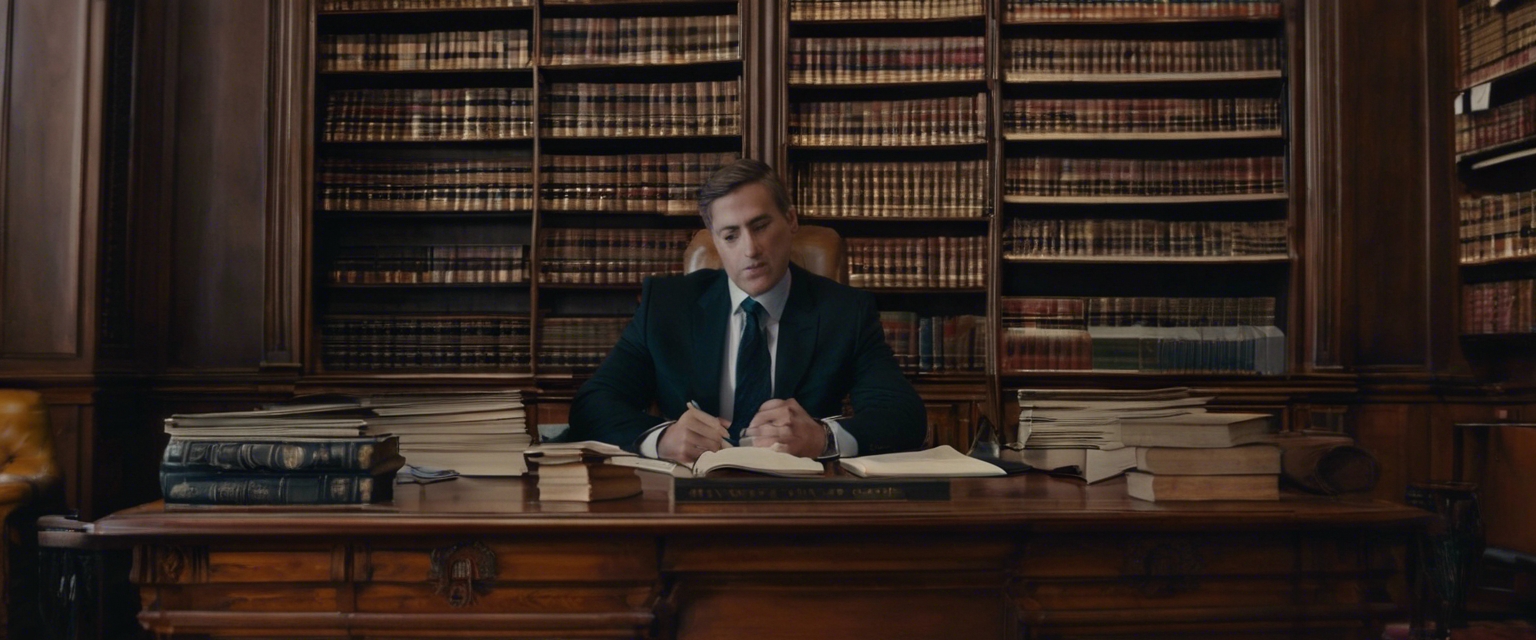How to navigate contract formalization
Contract formalization is the process of creating a legally binding agreement between two or more parties. It is a crucial step in ensuring that all parties involved have a clear understanding of their rights and obligations. Formalizing a contract provides a framework for the relationship, offering protection and clarity, which is essential for avoiding disputes and ensuring smooth operations.
A well-formalized contract typically includes several key elements: the offer, acceptance, consideration, mutual consent, and legal purpose. Each of these components must be clearly defined and agreed upon by all parties to ensure the contract's enforceability.
Steps to Formalize a Contract
The first step in contract formalization involves negotiations between the parties. This stage is crucial for discussing the terms and conditions, ensuring that all parties have a mutual understanding of the agreement's scope and objectives.
Once the terms are agreed upon, the next step is drafting the contract. This involves putting the agreed terms into a written document, ensuring that all necessary legal language is included to make the contract binding.
After drafting, the contract should be reviewed by all parties involved. This step may involve revisions to address any concerns or ambiguities. It is often advisable to have a legal expert review the contract to ensure compliance with relevant laws and regulations.
The final step in the formalization process is the signing of the contract by all parties. This signifies their agreement to the terms and conditions outlined in the document, making the contract legally binding.
Common Challenges in Contract Formalization
Miscommunication can lead to misunderstandings and disputes. It is essential to ensure that all parties have a clear understanding of the contract terms and that any ambiguities are addressed promptly.
Contracts often contain complex legal language that can be difficult for non-experts to understand. It is important to ensure that all parties comprehend the contract's terms and seek clarification when necessary.
Ensuring compliance with relevant laws and regulations is a critical aspect of contract formalization. Failure to comply can result in legal disputes and potential penalties.
Best Practices for Effective Contract Formalization
Maintaining open and clear communication throughout the contract formalization process is essential. This helps to prevent misunderstandings and ensures that all parties are on the same page.
Engaging legal experts can provide invaluable assistance in drafting, reviewing, and finalizing contracts. Their expertise ensures that the contract is legally sound and compliant with all relevant regulations.
Contracts should be regularly reviewed and updated to reflect any changes in circumstances or regulations. This ensures that the contract remains relevant and enforceable over time.






Comments (0)